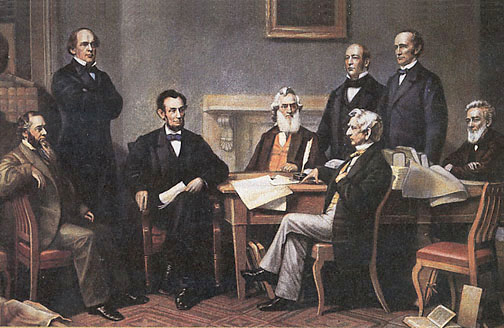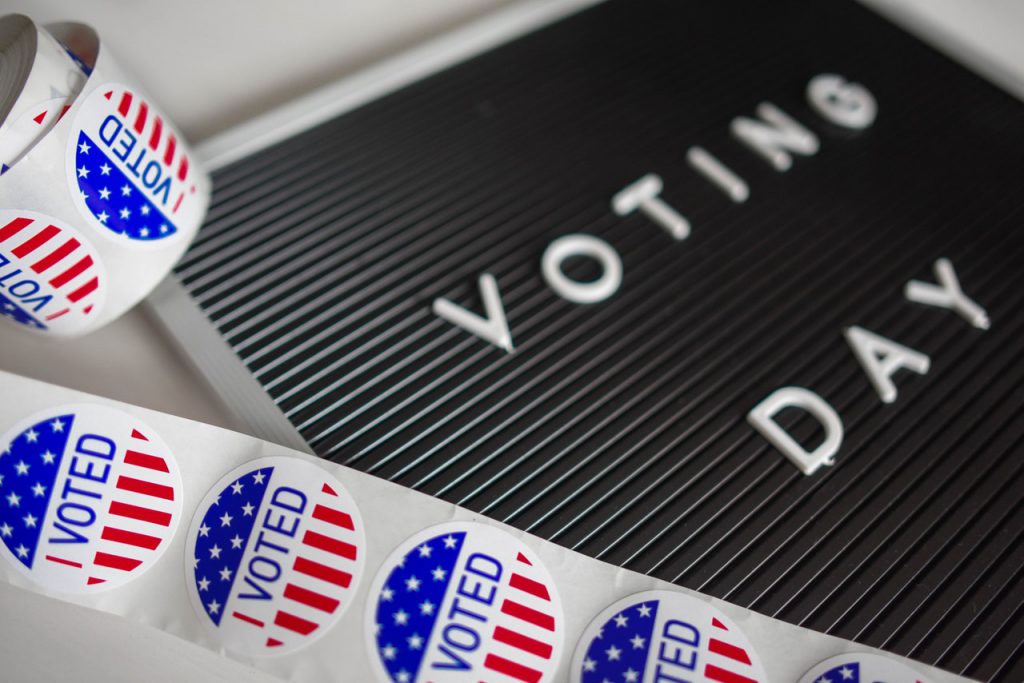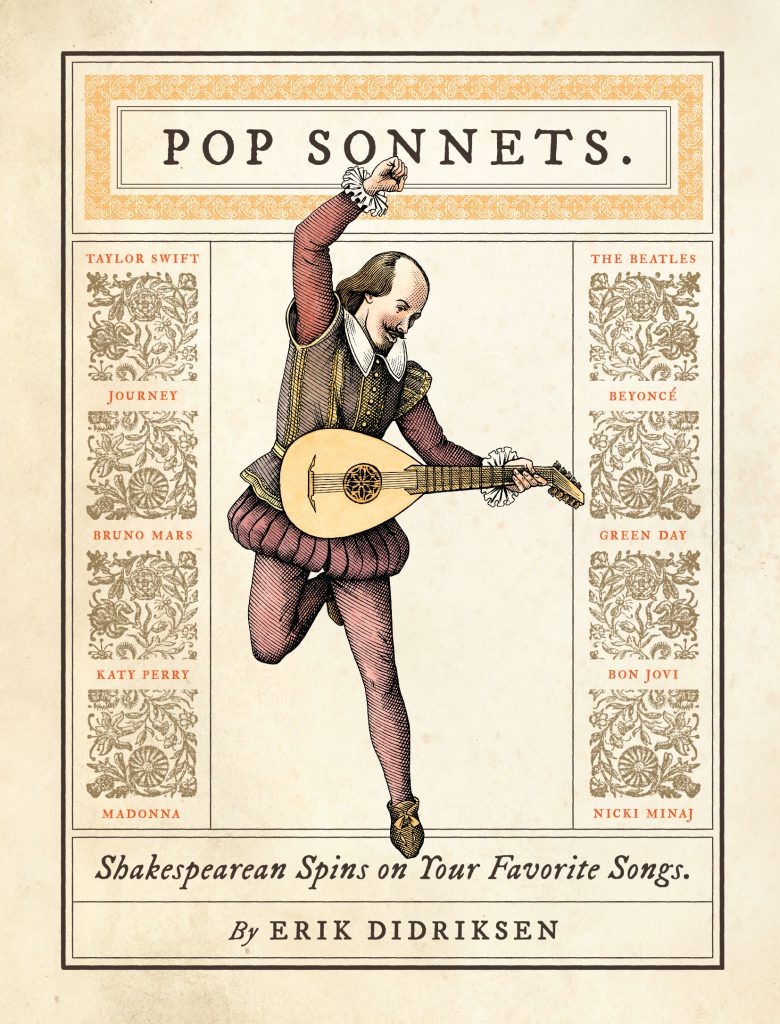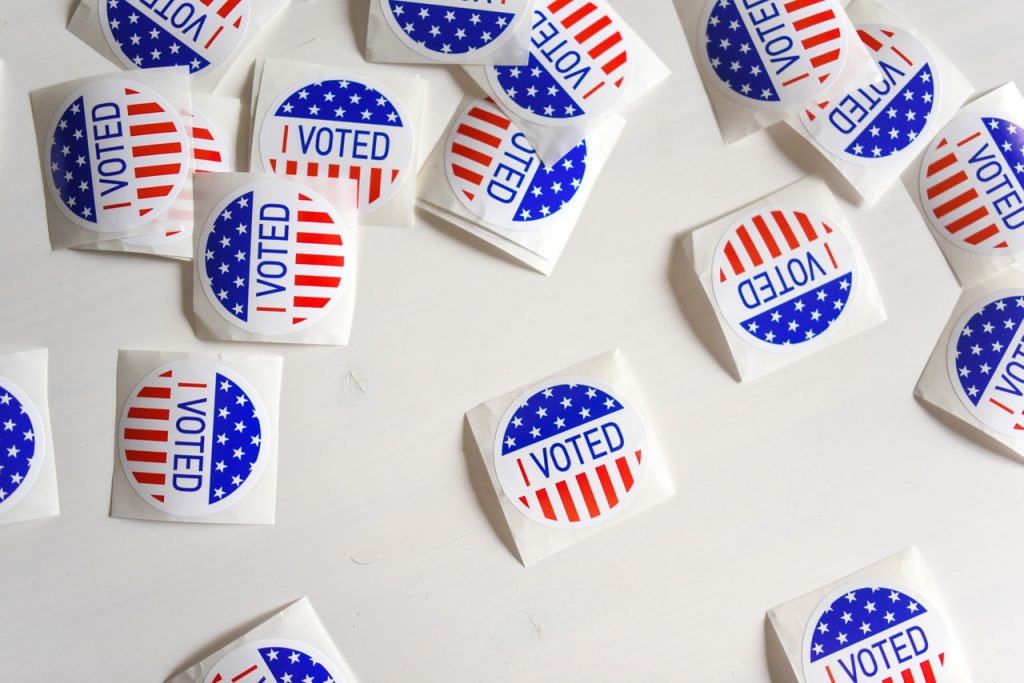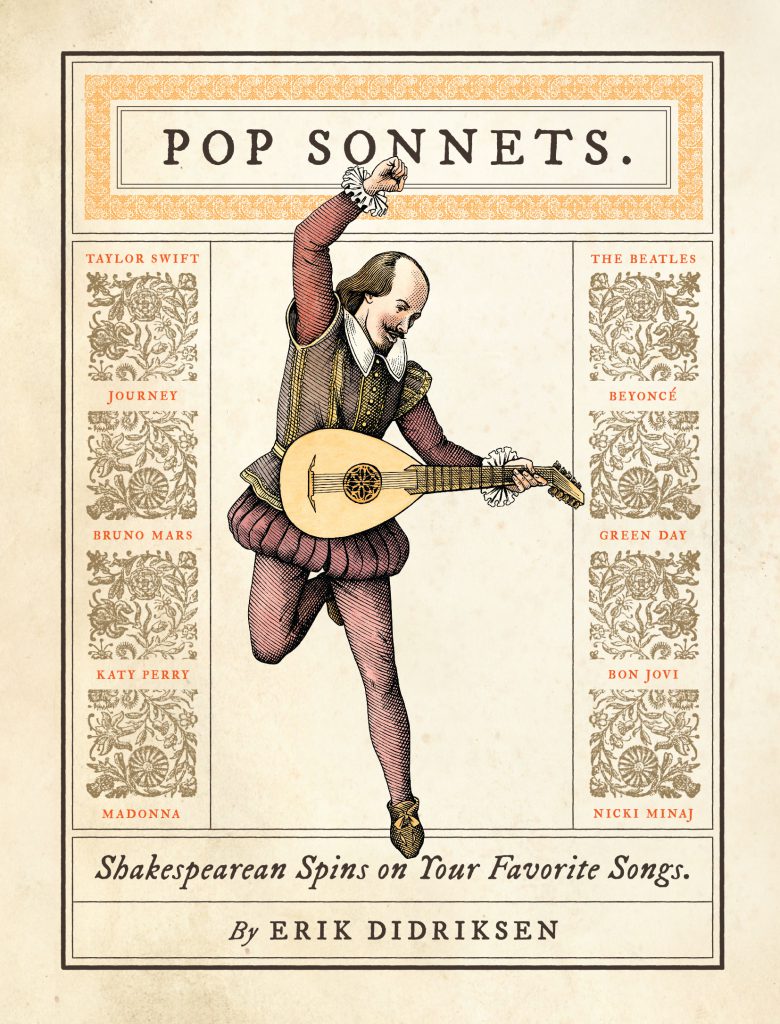Recommended Reading List While You Wait in Line to Vote
On Election Day, some people are lucky enough to have a flexible schedule – popping in and out to vote quickly during a quiet time or sorting out early voting. Yet for others, taking time out to vote requires proper preparations, like packing snacks, clearing an indefinite amount of time, and mentally preparing to wait. Bringing a book is key. We have some suggestions on books to bring with you, from escapism to books which demonstrate our democracy at its best.
Regardless of which book tickles your fancy, what matters is joining that line to exercise your right to vote and having a say in the country’s future. So get in line and read up!
Dan Gutman, The Kid Who Ran for President
British satirist John Oliver first made the link between this book and the current election. This account of 12-year-old Judson Moon’s campaign for president is a clear example of the appeal of populist campaigns. Judson’s major platform, abolishing all homework, seems tempting (particularly if extended to adults – who wouldn’t like the idea of mandatory work blackouts in the evening?). Judson asks his former babysitter, a black woman with a disability, to serve as his campaign running mate. Unfortunately, a reminder that in the real world, women of color have not yet ascended to the major positions within the American federal executive or legislature.
Judson eventually realises not only the importance of drawing publicity through campaigning, but the grave responsibility of governing, and steps down from the role. While an impossible scenario, the book serves as an important reminder of the responsibilities inherent in the presidency – and provides a basic guide to the electoral process for anyone who prefers their education with a bit of humor.
Dolores Kearns Goodman, Team of Rivals
A book beloved by pop culture and politicians alike, Team of Rivals was the basis for Tony Kushner’s acclaimed screenplay for the 2012 film Lincoln, as well as the text which motivated Barack Obama to ask primary opponent Hillary Clinton to be his Secretary of State. The book advocates for Lincoln’s philosophy of governance, working with his party rivals to develop a more thoughtful inclusive government filled with lovely debate over policies and ideas. One of those competitors, Secretary of State Seward, even over time grew from a bitter adversary to a trusted friend – perhaps reminiscent of the evolution of the Obama-Clinton relationship?
The book focuses on the governing decisions made during the Civil War and is definitely a worthwhile examination of the nuts and bolts of an executive branch working within the government. The book argues that the president does not administrate alone, and the ability to cooperate is an essential aspect of the presidency. So make sure that you aren’t simply voting for the president this Election Day, but paying attention to all races up and down your ballot.

Aleksandr Solzhenitsyn, A Day in the Life of Ivan Denisovich
This election has been a bit of a slow-motion train wreck. America has one of the longest election seasons in the world (could everyone already speculating about 2020 please just stop now?). When feeling overwhelmed by this experiment in democracy, it can help to stop and consider the opposite extreme.
Solzhenitsyn’s Nobel Prize winning novel concerns one average day in a Soviet gulag in northern Kazakhstan. The protagonist, given a ten year hard labor sentence as a spy simply for his time as a German POW during World War II, interacts with a multitude of other political prisoners including a religious Christian, a Ukrainian nationalist, and a naval officer suspected of treason after serving as a British liaison.
The book is more striking since it’s written in such a straightforward manner. Most of the inmates have long since adjusted to the cruelty of this treatment of political prisoners. Instead, they are focused on their constant struggle for food and warmth. While the Soviet Union has since broken up, several of the constituent countries are still struggling with their transition to democracy. American elections can be frustrating and messy, but it’s an amazingly participatory system. That is definitely something to be proud of (while waiting in line, of course).

David A. Goodman, Star Trek Federation: The First 150 Years
While the USA (and the rest of the world) have made incredible movements forward as a democracy over the last 200 years, there is one group we have yet to incorporate into our society: alien life forms. Goodman’s book tracks the Earth’s movement from a group of local governments into an interstellar democracy based on the rule of law and respect for fundamental rights. The United Federation of Planets grew from a union of four species, to over 150 varying species in a barter-based economy without poverty, disease or war (although the Dominion and the Borg just don’t seem to be on the same page). Star Trek has always provided an idealistic vision in which mankind continues to grow, create scientific advances, and become a force for diplomacy within the galaxy.
Pieces of this future have already begun. Looking at votes such as the United Kingdom’s decision whether to leave the European Union and Scotland’s referendum to remain part of the United Kingdom, these are decisions which would have been made by military force in the not so distant past. The idea that self-determination is increasingly respected by the global community? “Self-determination is a part of my culture,” Jean Luc Picard tells the Borg. It is certainly an increasingly true statement.

The United States Constitution
Always good to have a refresher, particularly for anyone baffled by the oft confusing electoral college system. Yet a 2012 survey by the First Amendment Center at Vanderbilt University found that only 6% of Americans could list all five freedoms (go ahead, give it a try.) A complete recitation of the Bill of Rights is always useful for showing off at parties.
